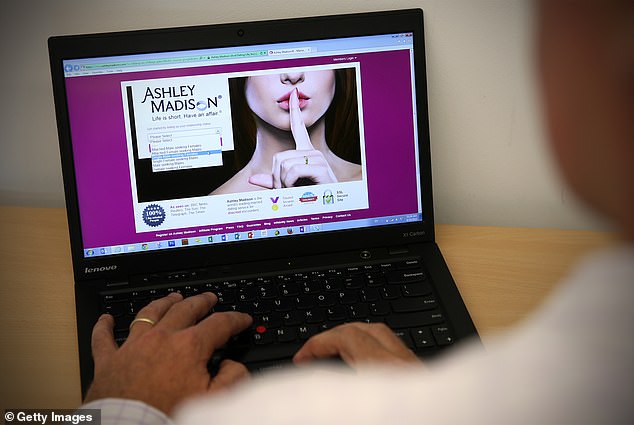Former Ashley Madison employees admitted that security was “left on the back burner” in Netflix’s explosive new docuseries, and revealed that the company’s paid feature that promised to delete accounts from the web was a scam.
In 2015, millions of marriages were destroyed when a hacker leaked the names of all members who had registered on the controversial dating platform Ashley Madison.
Before the infamous hack, the website, which was designed to help married people cheat on their spouses, promised anonymity and privacy for its 37 million users.
CEO Noel Biderman continually boasted about the company’s commitment to protecting its members in interviews, and the website even contained a host of badges claiming it had won awards for impressive cybersecurity.
In 2015, millions of marriages were destroyed when a hacker leaked the names of all members who had registered on the controversial dating platform Ashley Madison.
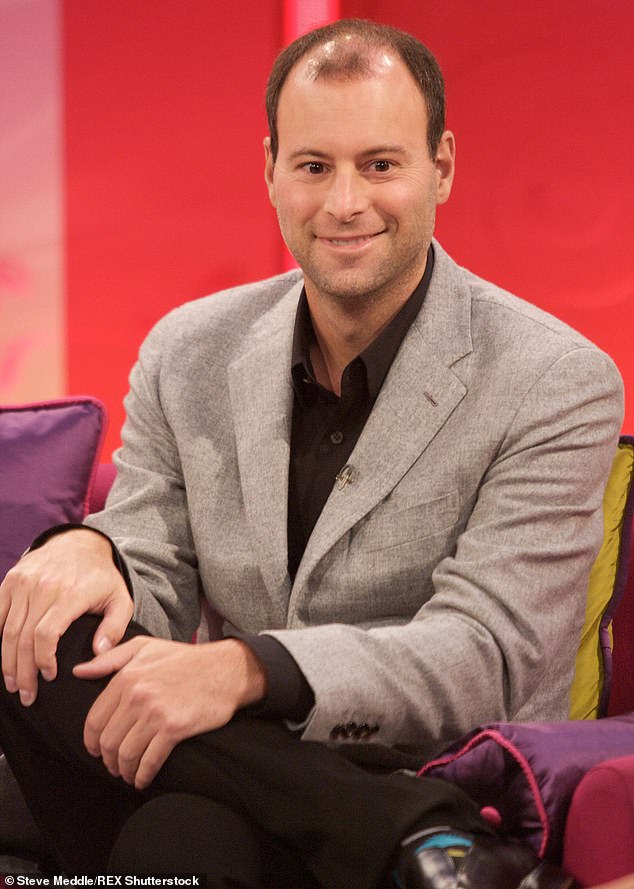
Before the attack, CEO Noel Biderman (pictured) continually boasted in interviews about the company’s commitment to protecting its members.
But now, former Ashley Madison employees have confessed that it was all a tactic used to get more clients on the new Netflix show, Ashley Madison: Sex, Lies, And Scandal.
They admitted that not only were the prizes completely made up, but the website didn’t actually take any additional steps to protect its customers.
Some also said the service that allowed users to pay more to delete their accounts was a cash grab that didn’t actually do anything.
‘Security was something that came up quite frequently. We talked about it, we were concerned, but it continued to stay on the back burner,’ Amjit Jethani, former chief product officer at Ashley Madison, explained in the document.
He explained that the focus was more on “keeping up with growth” than protecting customers, and that many staff members “realized” that a hack was a possibility.
‘It was very well understood that if any of the web properties had been hacked, it would have been almost catastrophic. The hope was that that wouldn’t happen,’ he stated.
At one point in the series, an old clip was shown of CEO Noel praising the company’s safety measures in an interview.
“Ultimately, our servers are in a remote location, so I think we are untouchable,” he said. “We do everything we can to protect privacy.”

The website even contained a series of badges claiming it had won awards for its impressive cybersecurity, but former employees admitted that the awards were completely made up.
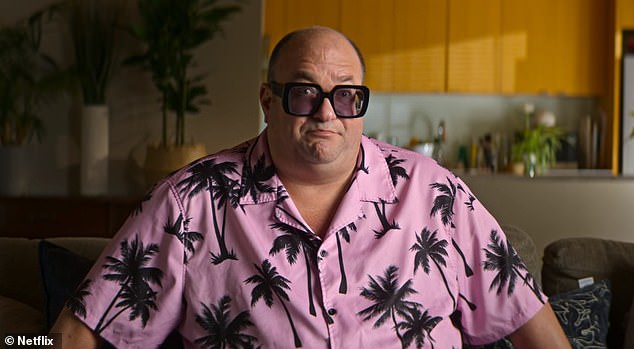
Evan Back, who was Ashley Madison’s vice president of sales for nearly 10 years, said the medals were a “complete misrepresentation.”

‘Security was something that came up quite frequently. We talked about it, we were worried, but it kept getting put on the back burner,” added Amjit Jethani, product manager.
Evan Back, who was Ashley Madison’s vice president of sales for nearly 10 years, called Noel a “snake oil salesman” as he reflected on it.
‘We know that (what he said) is not true. The promise of security, anonymity and guaranteed security was something we said. It wasn’t something we did,” she admitted.
‘For people to run a company based on security and keep customers secret but with very little security, is taking it to the limit.
‘I was wondering: how far can I go before someone comes in and hacks us? It was like playing with people’s lives.”
At the bottom of Ashley Madison’s website was a picture of a medal and the words “Trustworthy Safety Award.” But according to journalist Claire Brownell, that was “totally made up.”
“Someone on the site must have done it using Photoshop or something,” he theorized.
“We had all kinds of medals on our website, which gave the impression that we were solid and secretive,” Evan said, adding that in reality they were a “complete misrepresentation.”
Joseph Cox, a journalist who studied in great detail every single thing that emerged during the attack, including numerous private emails between Noel and his staff, called Ashley Madison “sloppy.”
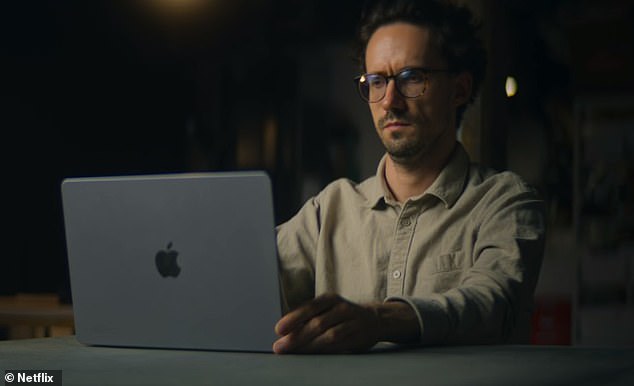
Journalist Joseph Cox claimed that Ashley Madison’s ‘paid extra feature’ that promised to erase all traces of a user off the site was a complete lie.
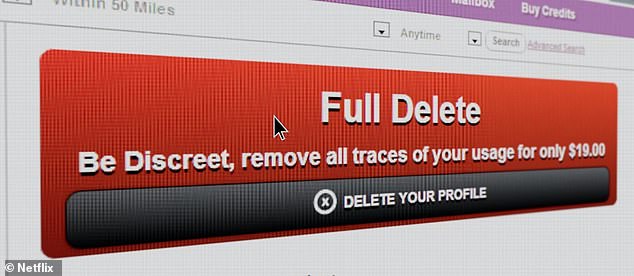
Evan explained, “We would charge customers $20 to permanently delete any record that they had ever been a member of Ashley Madison.”

But an email from CEO Noel showed him confessing that “they don’t actually delete accounts” and admitting: “We should provide the paid product.”
“It became clear that security seemed like an afterthought,” he revealed. “The discussions that put a lot more effort into were about branding and public relations.”
While reviewing all the files that were leaked, Joseph said he discovered that Ashley Madison’s ‘paid add-on feature’ that claimed it would erase all traces of a user off the site was a complete lie.
“Ashley Madison announced this additional payment feature, where if you gave the company more money and they promised to completely delete your account,” he explained. “There would be no evidence that you ever used Ashley Madison.”
An image of an email from Noel appeared on the screen, showing him confessing that “they don’t actually delete accounts” and admitting: “We should provide the paid product.”
Evan explained, “We would charge customers $20 to permanently delete any record of their membership in Ashley Madison.”
“At first I thought it was a great idea. She raised a lot of money, like a couple million dollars in a short period of time.
‘What I didn’t know was that we were getting paid, but we weren’t doing it. Nothing was erased.”
Joseph described the company’s failure to do what it advertised as “malicious and sketchy,” adding, “Ashley Madison was ripping off customers.”
The Netflix documentary series, which features employees and former users, premiered on May 15.


